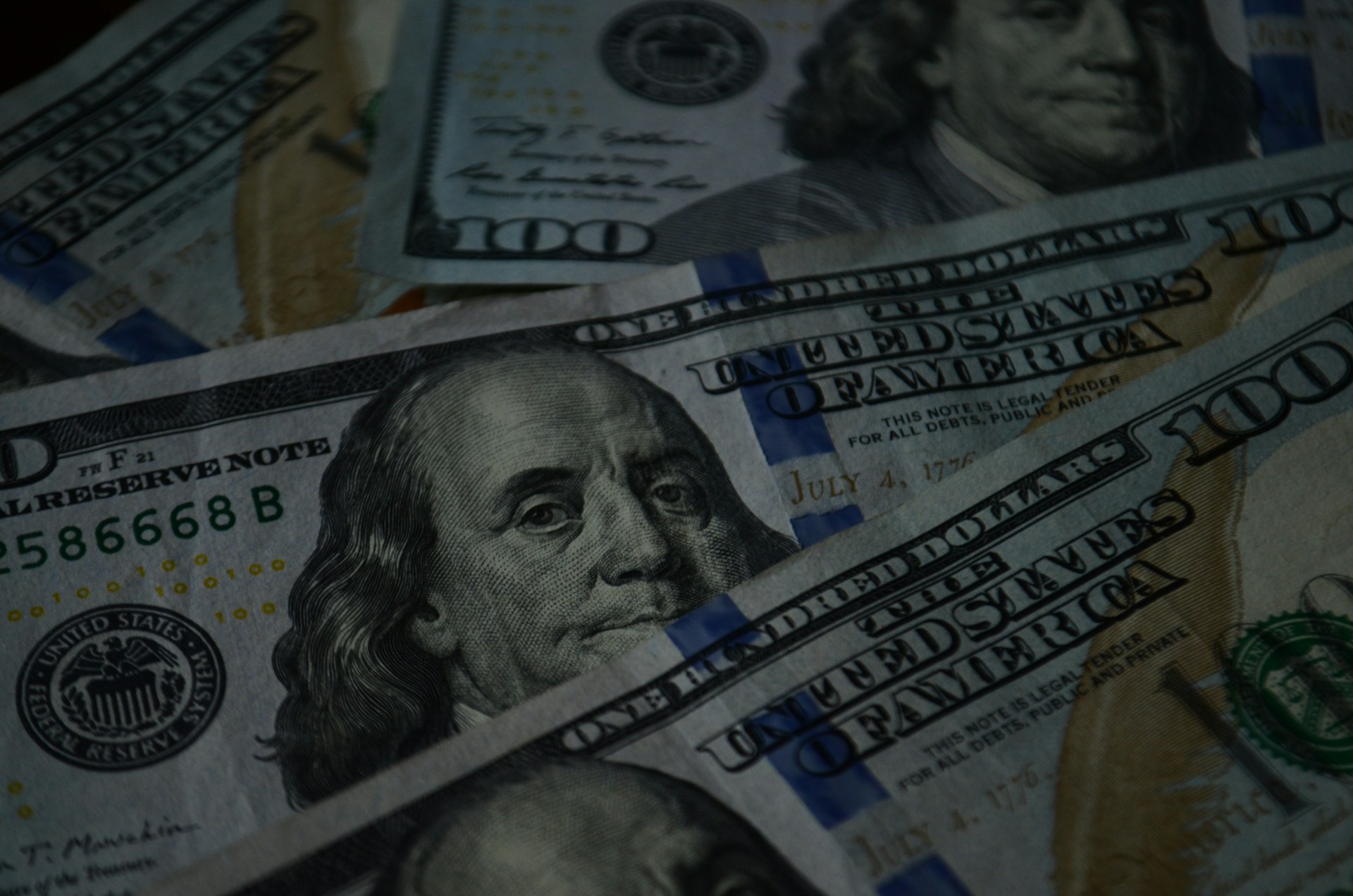Business
Tariff Costs Are Rising: Here’s How Walmart And Other Retailers Are Responding
By Jake Beardslee · August 22, 2025
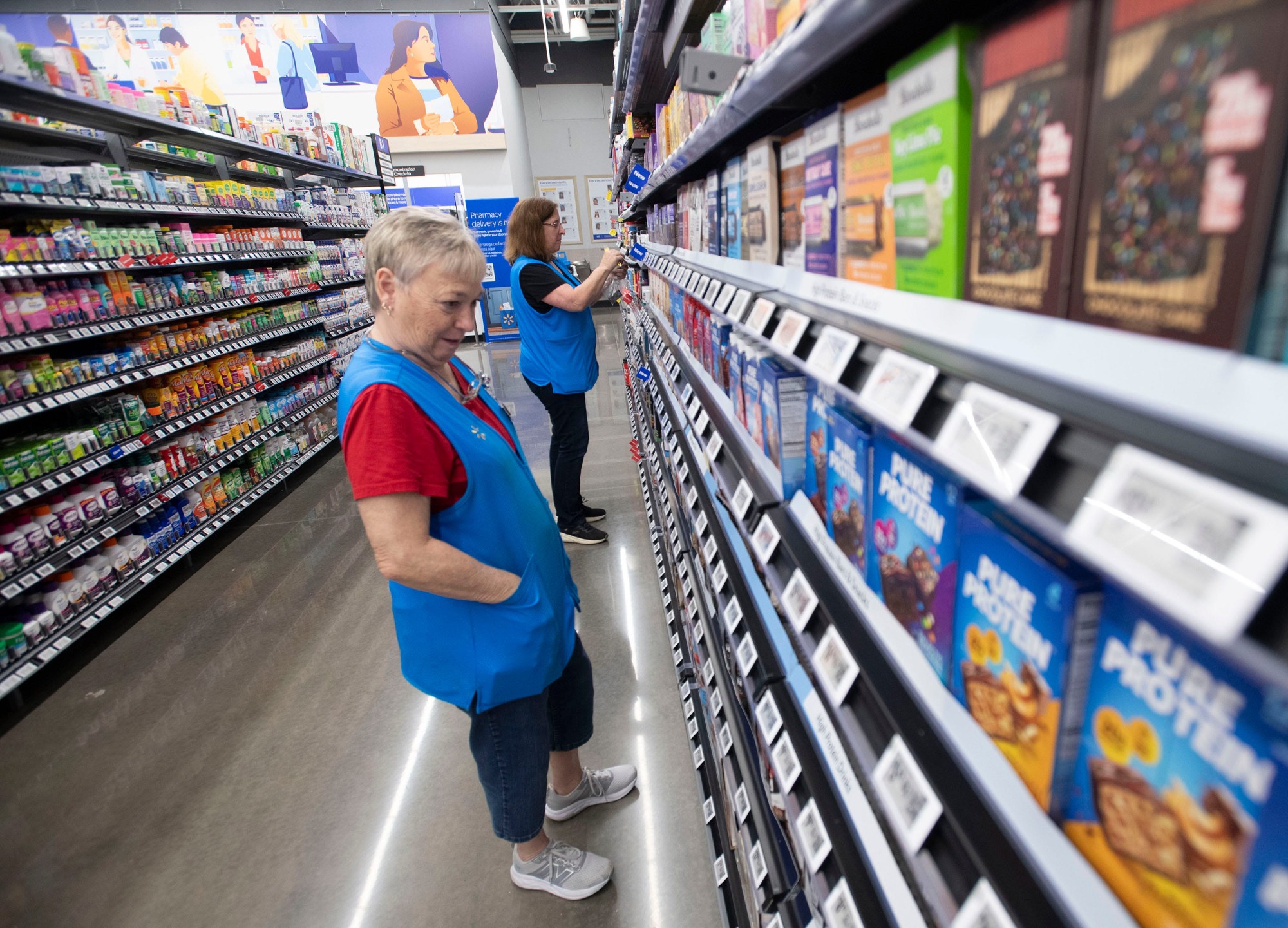
How Major Retailers Are Navigating Tariffs
The rollout of President Donald Trump’s tariffs has put U.S. retailers in a difficult position. Import costs are rising, but so far the pinch hasn’t been as severe as many companies feared earlier this year. Earnings updates from Walmart, Home Depot, Lowe’s, Crocs, and others show that while tariffs are adding costs, shoppers are still spending in many categories.Executives across the industry are cautious but not panicked, noting strategies to cushion costs and signs of resilient consumer demand. Here’s how individual retailers are responding.
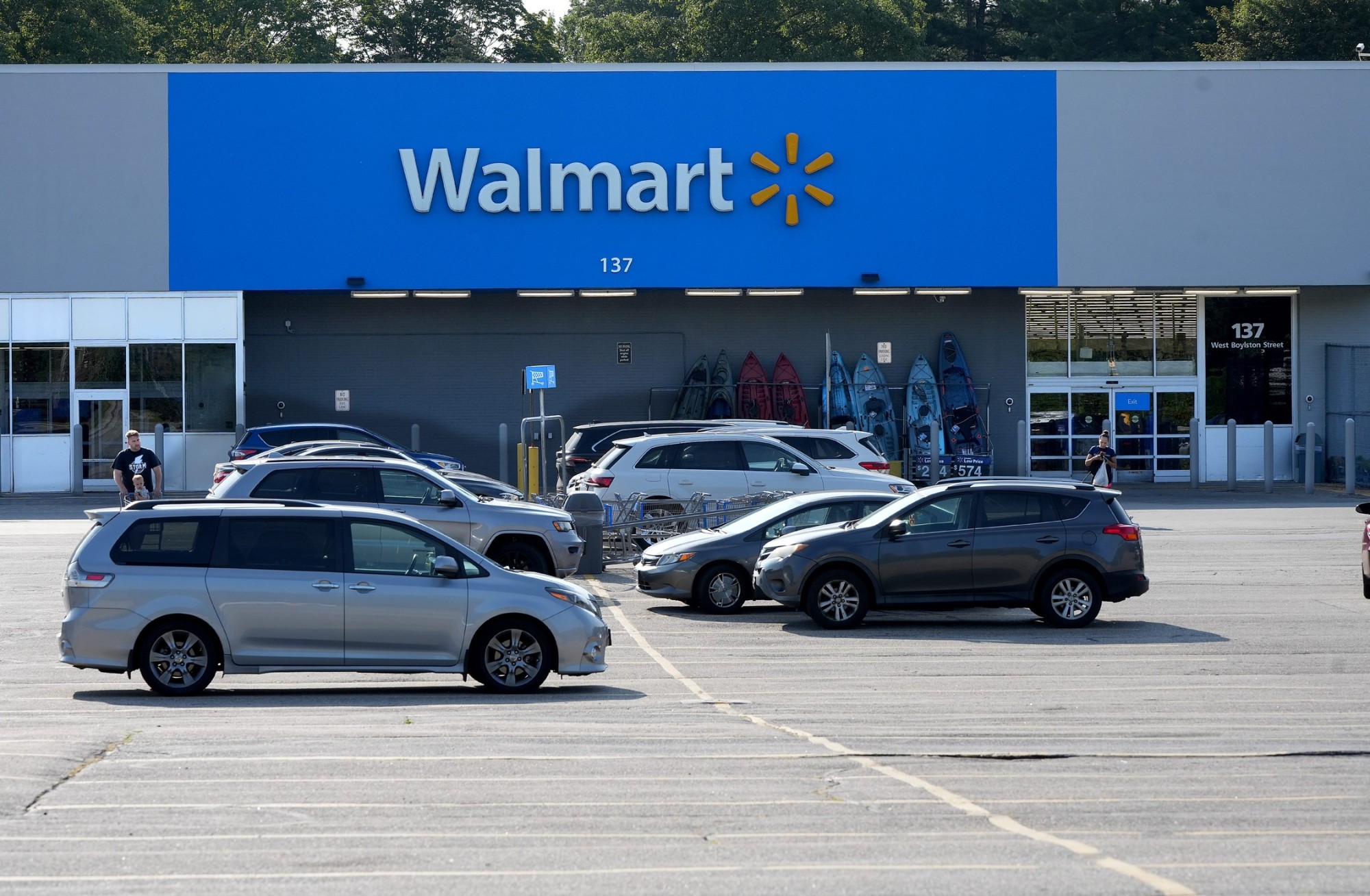
1. Walmart
Walmart warned in May that tariffs would likely force price increases, but CFO John David Rainey now says the company has absorbed some costs while selectively raising prices elsewhere. He told CNBC that in certain areas Walmart has “fully absorbed the impact,” while in others, some increases have been passed to shoppers.Sales of discretionary items, including women’s clothing and shoes, improved during the quarter, and the company raised its sales outlook for the year. Still, Walmart executives noted that lower-income households are more sensitive to price changes, trading down to smaller pack sizes or cheaper private-label brands. CEO Doug McMillon said the effect of tariffs on spending has been “somewhat muted” but acknowledged costs continue to rise as post-tariff inventory flows in. Allan Jung/ Telegram & Gazette / USA TODAY NETWORK via Imagn Images
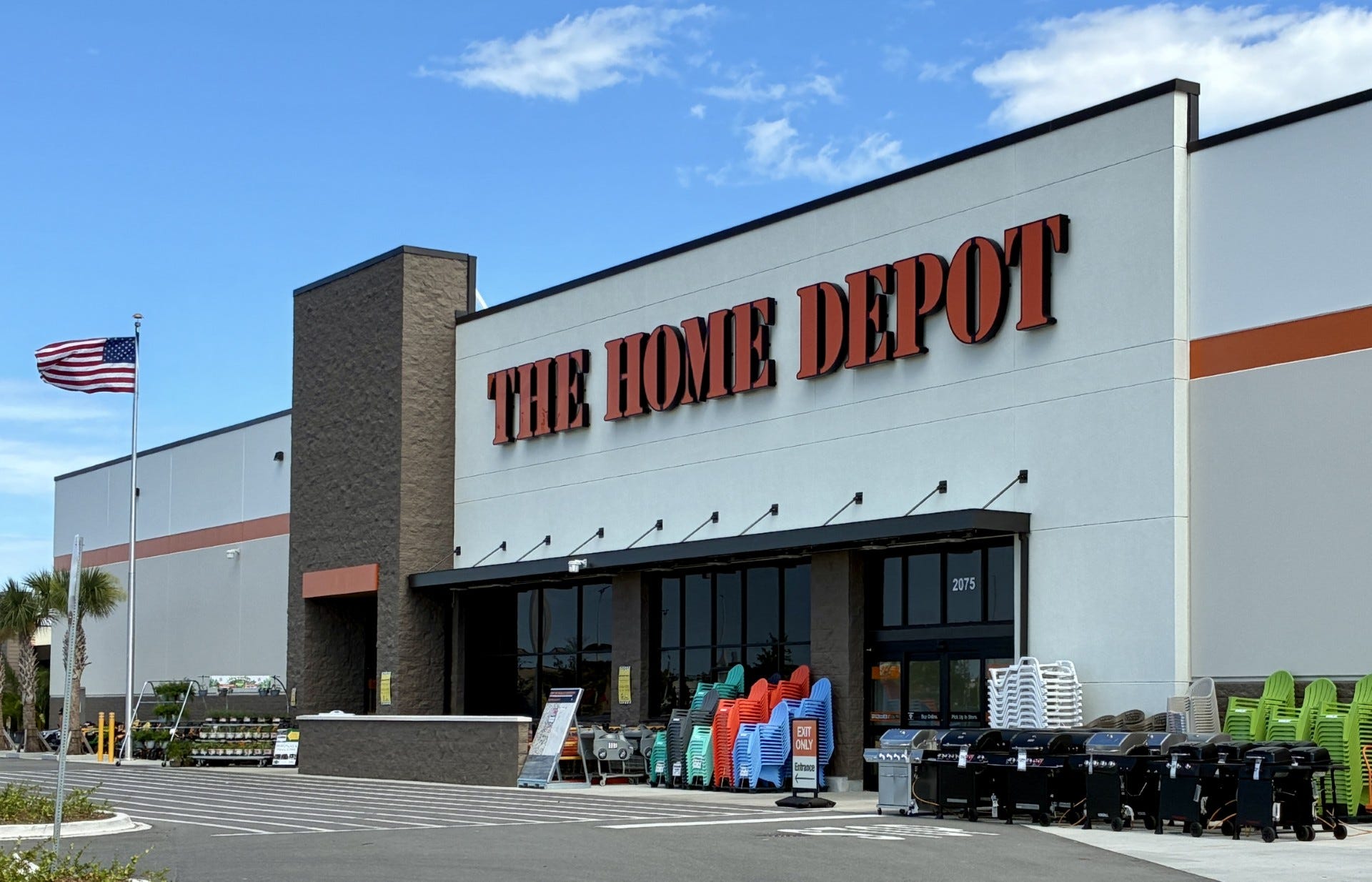
2. Home Depot
Home Depot reported that sales improved as the quarter went on, with July seeing the strongest performance. CFO Richard McPhail told CNBC that most of the products sold during the period had arrived in the U.S. before tariffs took effect, softening the impact.The company has emphasized its efforts to diversify sourcing. McPhail said Home Depot aims to ensure no more than 10% of its imports come from any one country by the end of the year. Despite the recent pickup in sales, executives said they are not ready to predict a broader turnaround in home improvement demand. DAVE BERMAN/FLORIDA TODAY / USA TODAY NETWORK via Imagn Images
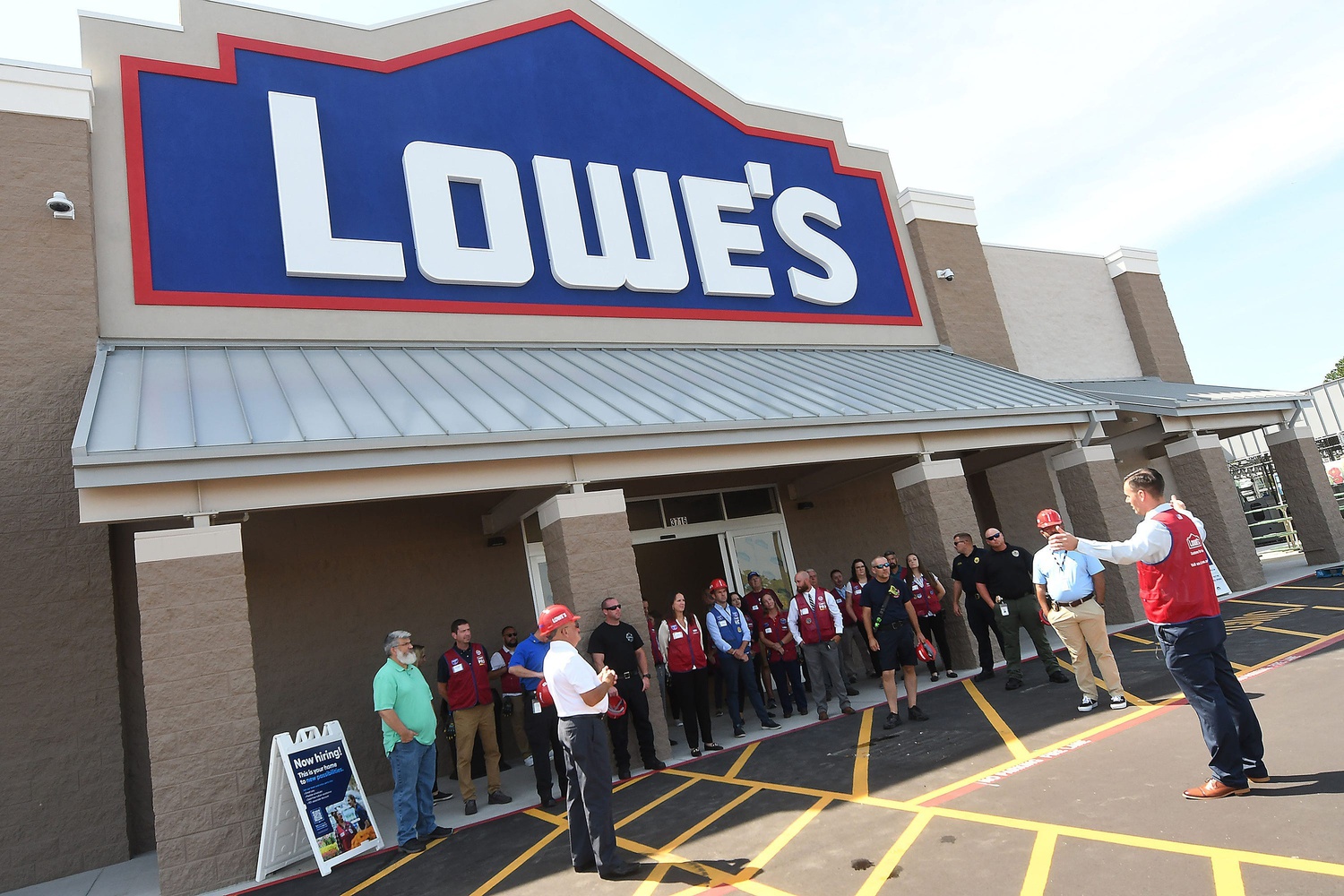
3. Lowe’s
Lowe’s also saw improved sales in July, though CEO Marvin Ellison told CNBC that it was “too early for us to call that a trend.” He credited some of the uptick to better weather. Like Home Depot, Lowe’s has felt pressure from higher borrowing costs, which have slowed big renovation projects. Ken Blevins / USA TODAY NETWORK via Imagn Images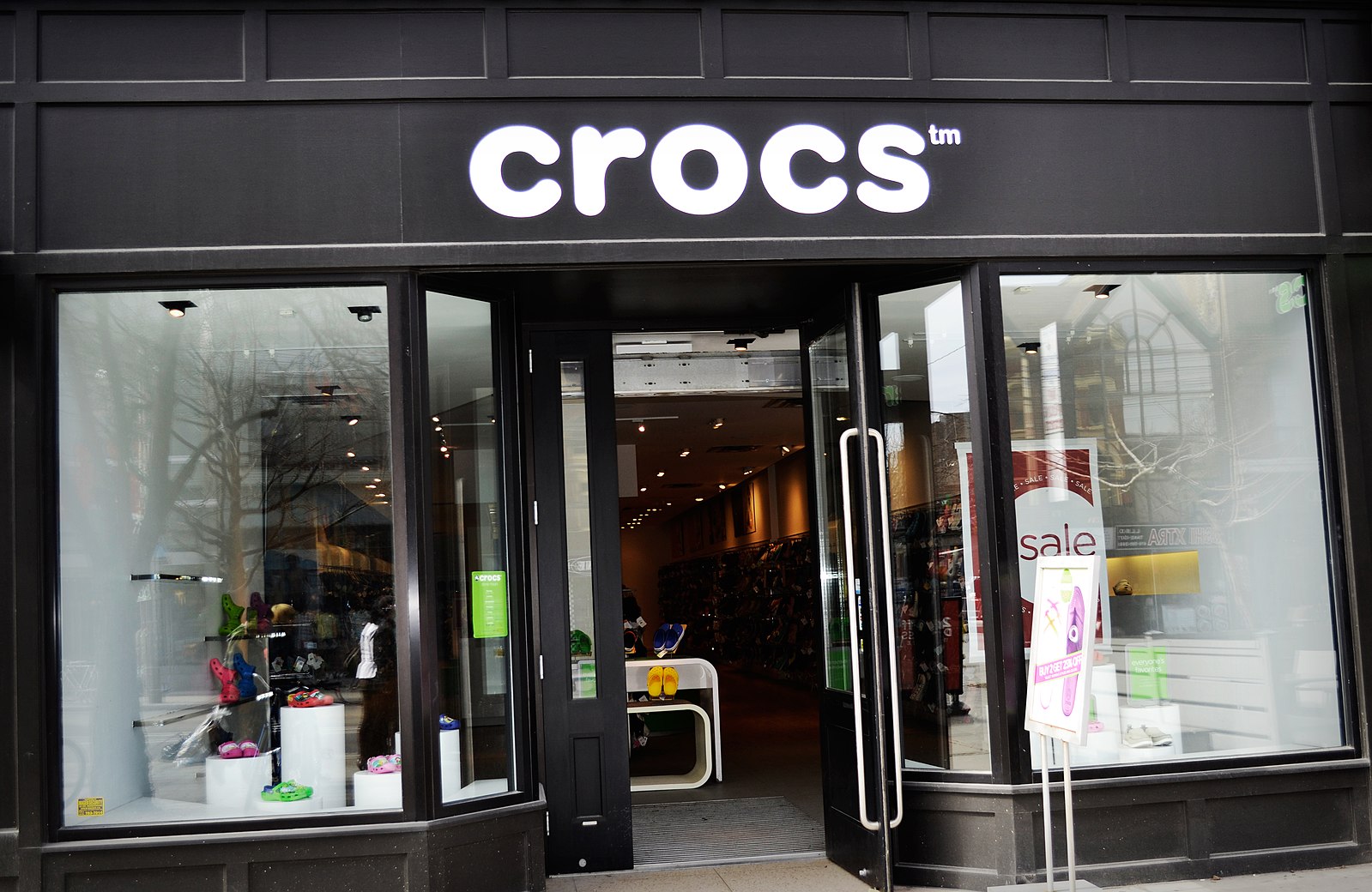
4. Crocs
Crocs struck a more pessimistic tone. CEO Andrew Rees described the second-half outlook as “concerning” and said the company’s retail orders are weak. He noted that Crocs customers are “super cautious,” with store traffic down at both regular locations and outlets. The company is reducing orders for the rest of the year and taking back older Heydude shoe inventory from retailers in exchange for fresher styles. bargainmoose, CC BY 2.0 https://creativecommons.org/licenses/by/2.0, via Wikimedia Commons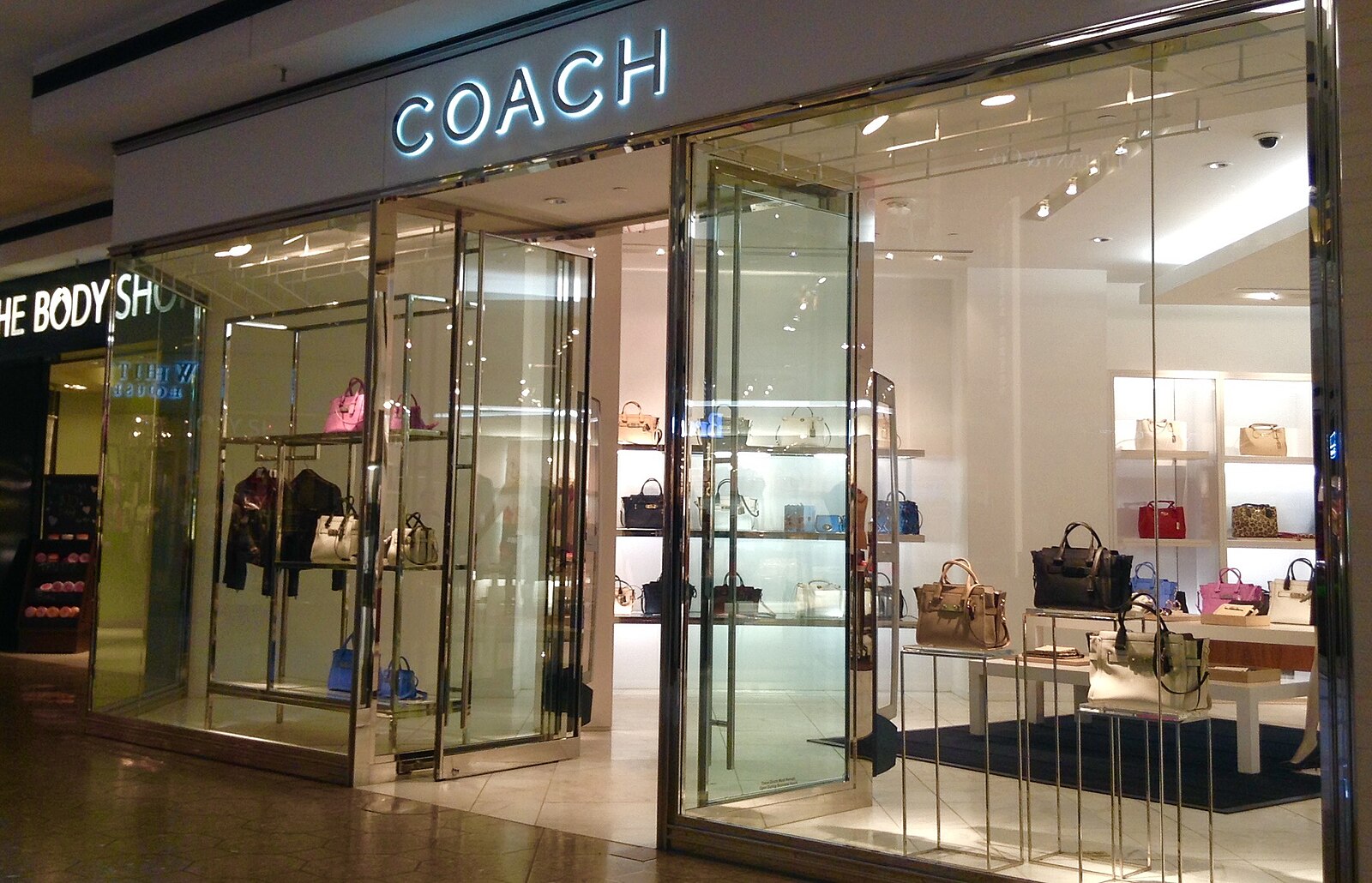
5. Tapestry (Coach)
Tapestry, parent of Coach, reported strong sales of discretionary items, including handbags. CEO Joanne Crevoiserat said the company’s large $695 Kisslock bag sold out within minutes of its July launch. The company raised its sales outlook for the year.Still, tariffs are a growing cost. Tapestry said duties will total $160 million in the coming fiscal year, which will weigh on profits despite sales momentum. Mike Mozart from Funny YouTube, USA, CC BY 2.0 https://creativecommons.org/licenses/by/2.0, via Wikimedia Commons
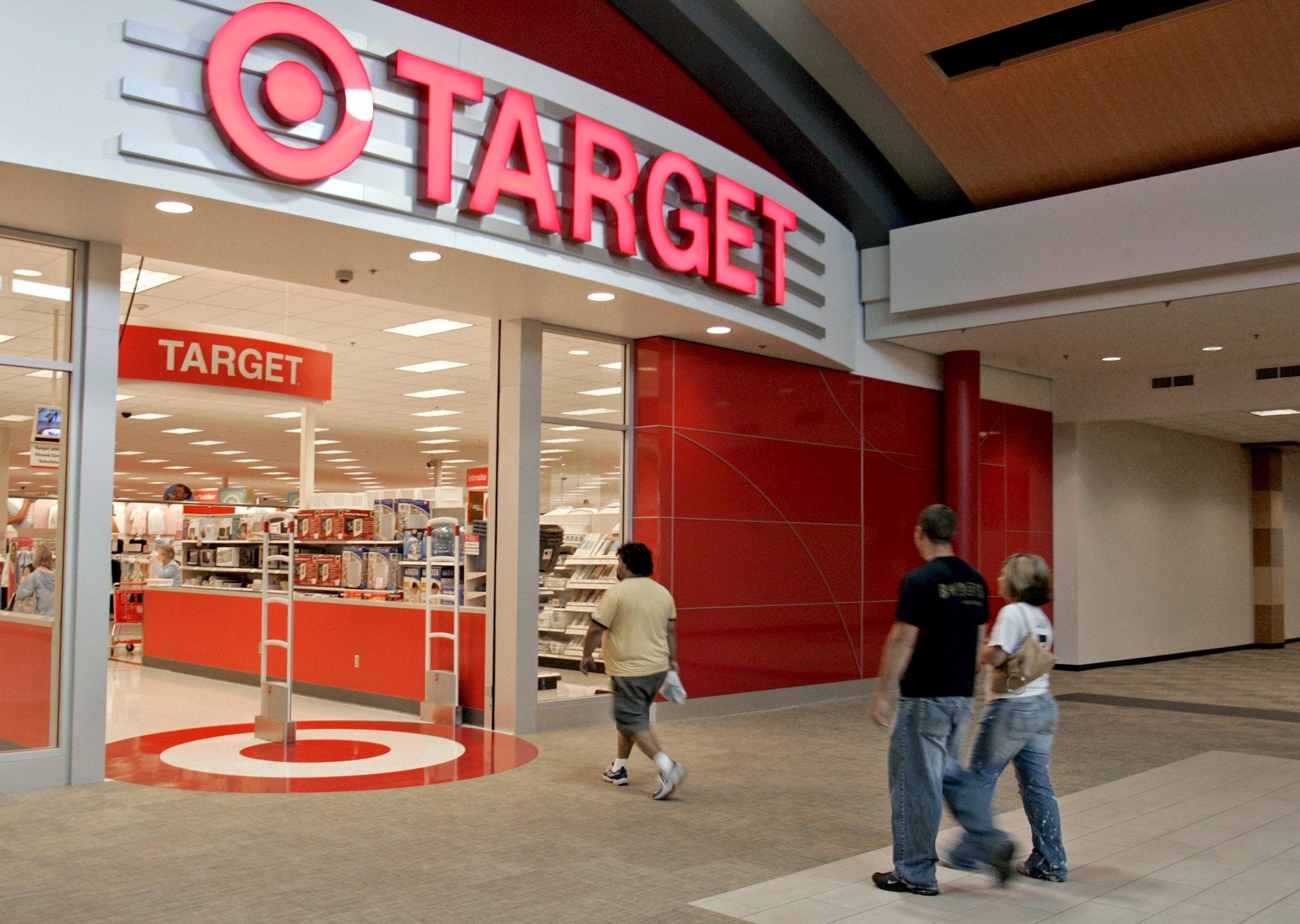
6. Target
Target has also sought to cushion the tariff impact by importing goods early. The company provided a wider-than-usual range for its full-year earnings outlook, reflecting uncertainty about how trade negotiations will unfold. Target noted that profit margins were pressured by the costs of cancelling some orders. Bill Neibergall / USA TODAY NETWORK via Imagn Images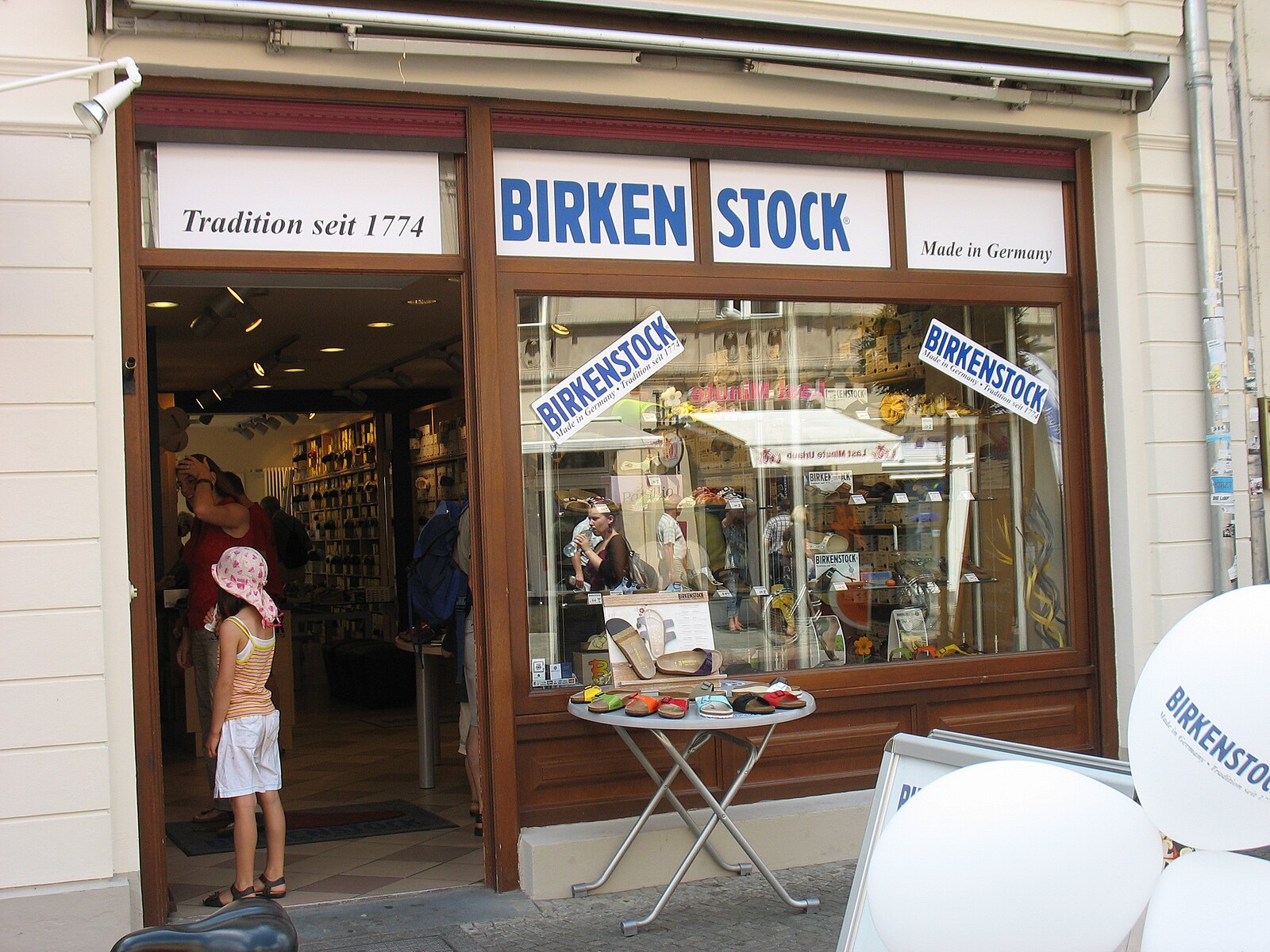
7. Birkenstock
Birkenstock CEO Oliver Reichert said the company saw “no pushback or cancellations” after raising prices in July in response to tariffs. Miguel Andrade, Public domain, via Wikimedia Commons